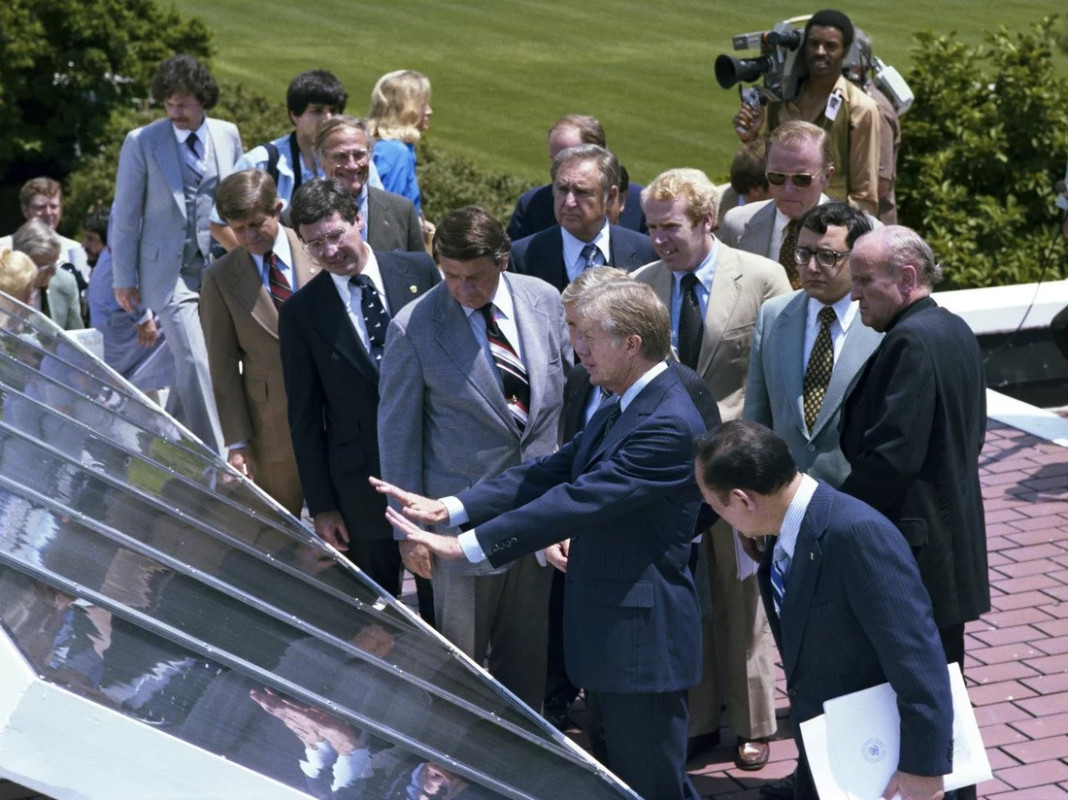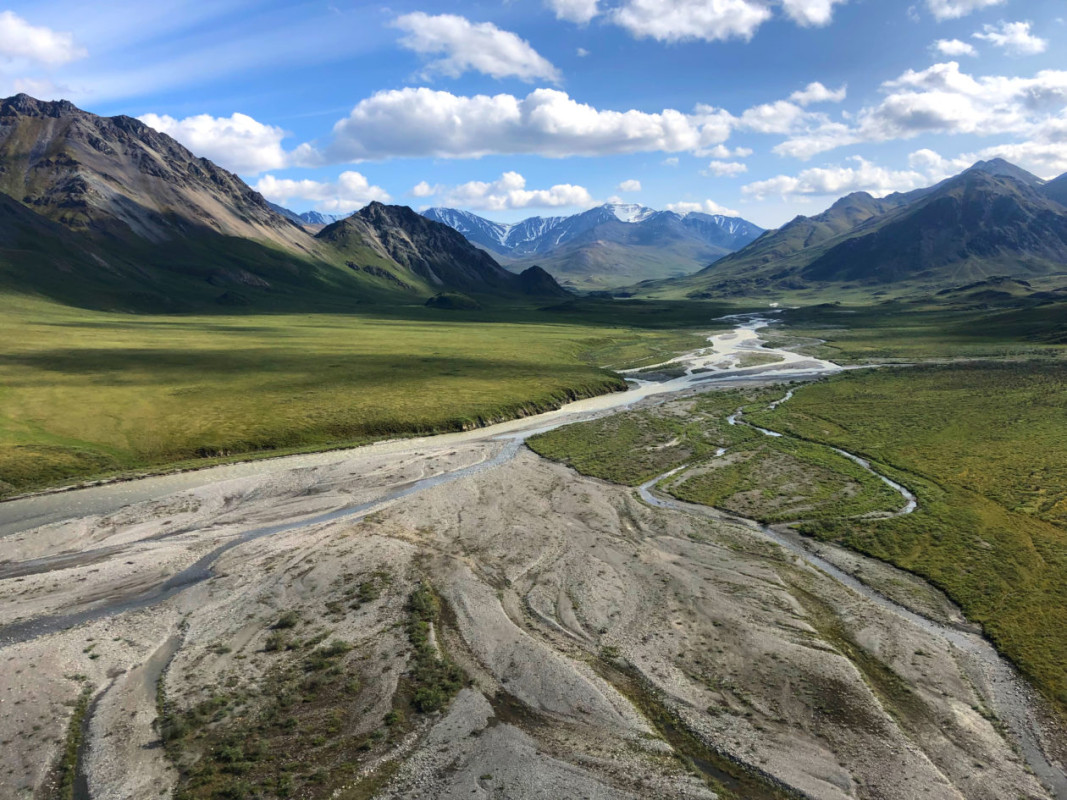 Recently, President Jimmy Carter passed away in his hometown of Plains, Georgia, at the age of 100.
Recently, President Jimmy Carter passed away in his hometown of Plains, Georgia, at the age of 100.
Carter was the 39th President of the U.S. and sworn in on January 20, 1977. Known for his forward-thinking ideas on environmental issues, he made a memorable impact from the very beginning of his presidency.
During his inauguration, solar panels were installed to heat the viewing stand, despite the chilly weather that day. In his speeches, he frequently spoke of the importance of renewable energy sources like the Sun and the ocean.
Efforts Towards Cleaner Energy
 President Carter was the first to install 32 solar panels on the roof of the white house. Unfortunately, these were removed seven years later during President Ronald Reagan’s term and never reinstalled. These solar panels have found new homes at the National Museum of American History in Washington D.C, a college in Central Maine, and the Solar Science and Technology Museum in China.
President Carter was the first to install 32 solar panels on the roof of the white house. Unfortunately, these were removed seven years later during President Ronald Reagan’s term and never reinstalled. These solar panels have found new homes at the National Museum of American History in Washington D.C, a college in Central Maine, and the Solar Science and Technology Museum in China.
In 1973, Arab nations announced an oil embargo that caused global oil prices to increase and dealt a blow to the U.S. economy. Although Carter became president a few years later, he was concerned about energy security. As an early advocate for energy conservation, he encouraged Americans to reduce their energy use as a way to combat potential shortages.
However, during his term, Carter also strongly promoted domestic coal mining as a means of becoming energy independent. Burning coal, as we know now, is polluting and produces greenhouse gases that cause global warming.
Despite this, President Carter is recognized for his work in advancing renewable energy. He established the Department of Energy (DOE) in 1977 which oversees the U.S. energy policy and ensures that it is secure, reliable, and sustainable. More recently, in 2017, he leased 10 acres of his land in his hometown of Plains, Georgia for a solar-powered project that generates enough electricity to fulfill half of the town’s needs.
Land Conservation Efforts
 Aside from energy conservation, Carter was also invested in the conservation of land.
Aside from energy conservation, Carter was also invested in the conservation of land.
As Governor, Carter established the Georgia Heritage Trust which successfully protected many acres of land in Georgia, along with more than 300 acres along the Chattahoochee River in Metro Atlanta. He was also honored by the Georgia Conservancy as the 2019 Distinguished Conservationist.
During his presidency, Carter signed the Alaska National Interest Lands Conservation Act which protected 157 million acres of land in Alaska by converting them into national parks and preserves. According to the National Park Service, this was the biggest-ever expansion of protected lands in history.
The news of President Carter’s passing brings us sadness but also allows us to reflect on the rich legacy he left behind with his dedication to protecting nature and making America green. For more of his work, see the video below.
Sources: NPR, NYTimes, GeorgiaConservancy.org






